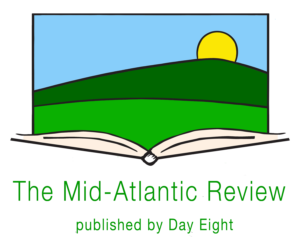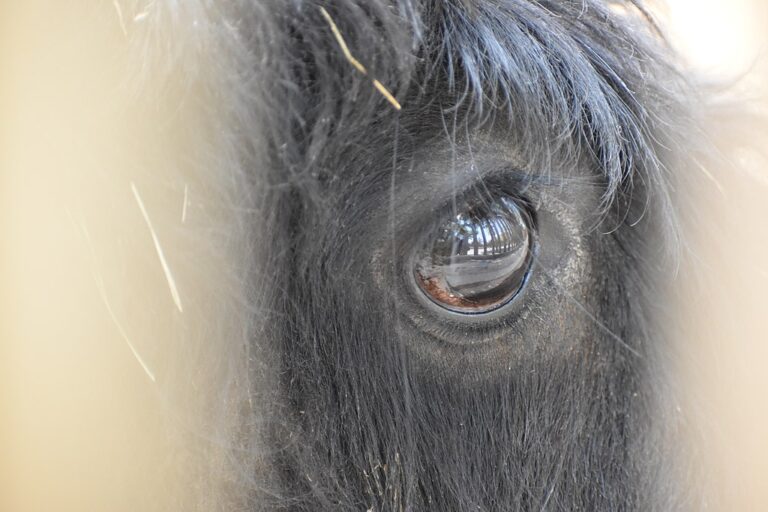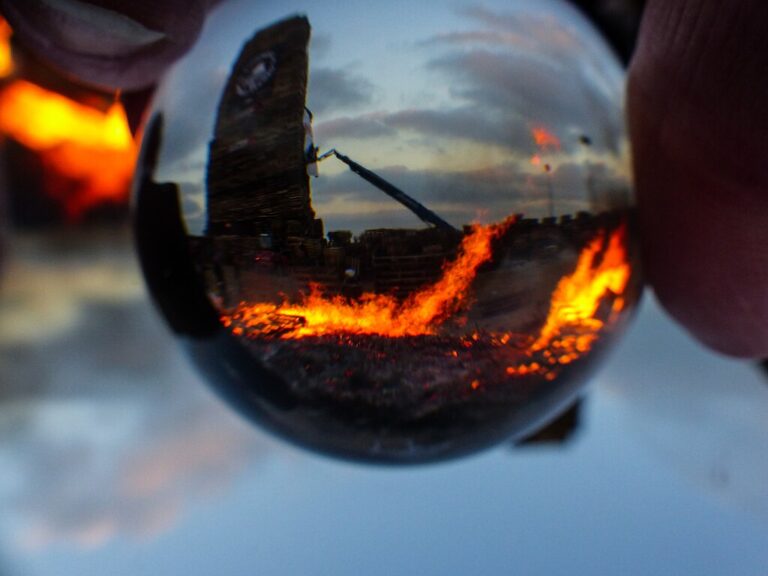Three Poems Written North of Baltimore
Floating in the North Branch of the Patapsco River on an Afternoon in May
It wasn’t even June when the heat descended
On fields and farms of Carroll County.
Your suggestion to swim
In the north branch of the Patapsco River
Struck me as absurdly
Delicious.
First, though:
A thousand thoughts
Of propriety and rules and
Appropriate attire
And the risk of you, seeing me,
Clearly
Clumsily
Climbing down a riverbank,
Scrambling across rocks,
In my pale winter skin.
A thousand more thoughts of
I barely even know you
And how will I look and what will you think and
All the reasons not to climb down
The bank beneath the bridge,
Not to feel beneath my feet
Cold hard rocks surrendering
To river bottom muck,
The sudden silver of minnows,
The slant of summer sun,
A thousand reasons
Not to feel the shock of the river
Cold against my belly,
Not to permit the pleasure
Of the pull of your arms
The pull of the current
Not to watch you
Dip your head beneath the water,
Come back up for air,
Breathing in the scent of the river
The scent of the grass
The scent of me
A thousand reasons
Not to float in the river
As the cars pass above us
And the insects hum
And I breathe in
The aliveness of you
The aliveness of me
In the north branch of the Patapsco River
On a late afternoon in May,
Forgetting a thousand reasons not to say
Yes.
Full Moon Meditation After Bluegrass at Butler Cabin
The original plan was a bluegrass jam,
Then a full moon meditation
After your band played at Butler Cabin
On a late spring evening in Cockeysville.
Some Old Crow Medicine Show,
Johnny Cash and Patsy Cline,
Banjo, bass, and Bohemian beers,
Rock me baby and a ring of fire.
It was a full moon night outside Butler Cabin.
Then a sudden shift from hot to cold,
Abrupt gust of wind,
Rain plan on the fly —
We ducked inside.
And the pizza was served
And the beers were drunk
And the songs were sung
And then there was just you and me
And our original plan
To meditate under the full moon
After bluegrass at Butler Cabin.
I had every intention of sitting
Beneath the moon
Breathin’ in, breathin’ out,*
You leading me, in a full moon meditation.
I had every intention of returning
To Good Contrivance,
To finish my writing, to finish my work,
Breathin’ in, breathin’ out,
But you led me instead
Down some winding roads
To Harford County,
To your farm, to your bed,
And I was breathin’ in, breathin’ out.
After bluegrass at Butler Cabin.
I suppose you could say
You did lead me in a full moon meditation.
(*with gratitude to Noah Kahan and his song “Northern Attitude”)
Magnolia Sunrise at Little Deer Creek
You were still sleeping
When the sun rose
Beyond the magnolia
As I lay beside you
Gazing out the window
On the valley of Little Deer Creek.
The world at first submersed
In blues and greys
Then greening before me
Dark branches leafing,
Soft hills emerging,
Vesper sparrows singing,
Your breathing slow and deep.
Stretching beneath
The weight of your arm
The length of your legs
I saw the hills and fields
Beyond the magnolia
Gently made clear,
Your eyes opening
As the world was bathed in light.

Heather Bruce Satrom teaches English Language Learners at Montgomery College. A believer in the healing power of storytelling, Heather integrates oral history and storytelling into her teaching. She also writes poetry and creative nonfiction. Her work has appeared in Maryland Literary Review, WWPH Writes, the literary journal of the Washington Writers’ Publishing House, and some other publications. Heather can be reached at @heatherbrucesatrom on Instagram.
Image: DavetheMage, CC BY 3.0 https://creativecommons.org/licenses/by/3.0, via Wikimedia Commons









